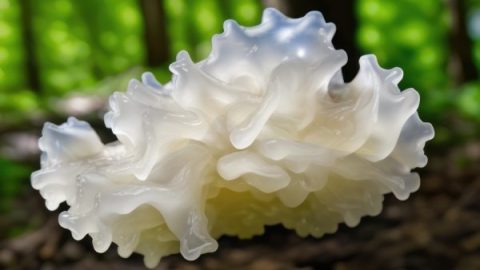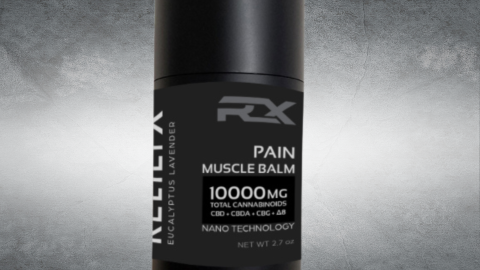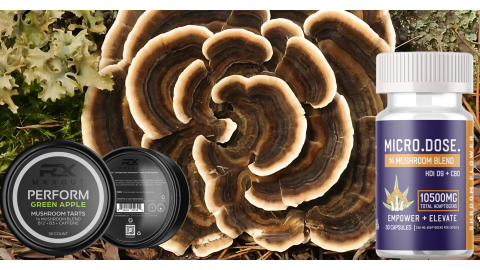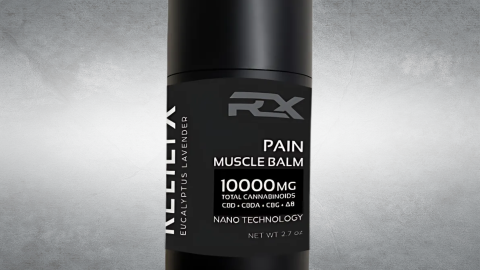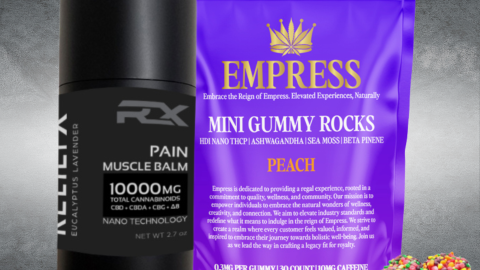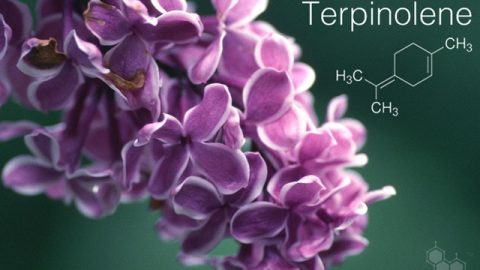Welcome to CannaGlobe’s Weekly Hit, your preferred guide to the world of good health through Cannabis and Mushrooms.
Yes, I realize the title of this blog sounds like the name of a 70’s group with two female back up singers. Regardless, it is a question that is frequently asked by people interested in learning more about the world of cannabis. I, myself, was uninformed to the differences, so I decided to do a little research and share the information I found helpful, with you.
Understanding the Differences in Hemp-Derived Cannabis Deltas
The world of hemp-derived cannabis can be complex, especially when it comes to understanding the differences between the various forms of THC, commonly referred to as “deltas.” While many people are familiar with Delta-9 THC, the primary psychoactive compound in marijuana, there are other types of THC—Delta-8, Delta-10, and more—that are gaining popularity, especially as they are derived from hemp and often marketed as legal alternatives to Delta-9. Each form of THC has its own unique effects, legal status, and benefits, making it important to understand how they differ.
Here’s a breakdown of the key differences between the most common hemp-derived cannabis deltas, including Delta-8, Delta-9, and Delta-10, to help clarify what makes each one distinct.
1. Chemical Structure
The term “delta” in THC refers to the position of a specific double bond on the THC molecule. This small difference in the molecular structure influences how each delta interacts with the body’s endocannabinoid system, particularly the CB1 and CB2 receptors, which are responsible for the effects of cannabinoids like THC.
• Delta-9 THC: This is the most well-known and naturally occurring form of THC found in cannabis. It has a double bond on the 9th carbon chain, which is what gives it its potent psychoactive effects.
• Delta-8 THC: Structurally similar to Delta-9, Delta-8 has the double bond on the 8th carbon chain. This slight difference makes Delta-8 THC less psychoactive than Delta-9, resulting in a milder high.
• Delta-10 THC: Like Delta-8, Delta-10 THC is an isomer of Delta-9, but its double bond is on the 10th carbon chain. This small structural variation creates a distinct set of effects, which are often described as more energizing and uplifting.
2. Psychoactive Effects
One of the most important distinctions between the different deltas is the level of psychoactivity each provides. While all forms of THC can get you “high” to some degree, the intensity and type of high can vary.
• Delta-9 THC: As the primary psychoactive compound in marijuana, Delta-9 THC produces the most potent high. Its effects can include euphoria, relaxation, altered perception, and heightened sensory experiences. However, for some users, Delta-9 THC can also cause side effects such as anxiety or paranoia, particularly in high doses.
• Delta-8 THC: Often described as providing a “milder” high, Delta-8 THC offers psychoactive effects that are less intense than Delta-9. Users report a more calming and clear-headed experience with Delta-8, making it a good option for those who want the benefits of THC without the strong mental effects. It’s popular for reducing anxiety and promoting relaxation, with fewer reports of paranoia.
• Delta-10 THC: Delta-10 produces a more energizing and uplifting high compared to Delta-8. Users often describe it as more cerebral and stimulating, making it a good option for daytime use. It’s less likely to cause sedation, and many find it boosts creativity and focus without the heavy, couch-lock feeling that can come with higher doses of Delta-9.
3. Medical Benefits
Each form of THC offers unique potential medical benefits due to how they interact with the body’s receptors.
• Delta-9 THC: Delta-9 is widely recognized for its medical benefits, including pain relief, anti-inflammatory properties, appetite stimulation, and anti-nausea effects. It’s commonly prescribed for chronic pain conditions, cancer-related symptoms, and appetite loss.
• Delta-8 THC: Delta-8 THC shares many of the same therapeutic benefits as Delta-9, but its milder psychoactive effects make it more accessible for medical use, especially for those who are sensitive to THC’s intensity. Delta-8 is known for helping with anxiety, pain relief, and nausea, particularly in cancer patients. Its calming effects make it a popular choice for managing stress and insomnia.
• Delta-10 THC: Delta-10 is still relatively new, and research on its medical benefits is limited. However, due to its uplifting effects, it may be beneficial for those dealing with low energy or depression. Its stimulating properties could also make it useful for those looking to enhance focus or manage ADHD.
4. Legality
The legal status of these different THC compounds can vary significantly, especially when derived from hemp.
• Delta-9 THC: Delta-9 is the compound most associated with marijuana, and under U.S. federal law, it remains illegal in concentrations higher than 0.3% on a dry weight basis. However, many states have legalized marijuana for medical and/or recreational use, making Delta-9 THC widely available in those regions.
• Delta-8 THC: Delta-8 THC exists in a legal gray area in the United States. The 2018 Farm Bill legalized hemp and its derivatives, including cannabinoids, as long as they contain less than 0.3% Delta-9 THC. Since Delta-8 is derived from hemp, it is technically legal at the federal level, though several states have enacted laws banning it.
• Delta-10 THC: Like Delta-8, Delta-10 is typically derived from hemp and is considered legal under the 2018 Farm Bill. However, its legal status is also complicated, as some states have explicitly banned or restricted Delta-10 THC products. As with Delta-8, it’s important to check your local laws before purchasing or using Delta-10 THC.
5. Availability
• Delta-9 THC: Delta-9 is widely available in states where marijuana is legal, and it can be found in various forms such as flower, edibles, concentrates, and topicals.
• Delta-8 THC: Delta-8 THC products, including gummies, tinctures, and vapes, are increasingly available online and in shops where state laws permit.
• Delta-10 THC: Delta-10 is less common than Delta-8 but is gaining popularity, with products such as vapes, gummies, and oils becoming more accessible in certain regions.
Conclusion
The differences between hemp-derived cannabis deltas—Delta-8, Delta-9, and Delta-10—go beyond just their chemical structures. Each offers a unique set of effects, benefits, and legal considerations. While Delta-9 remains the most potent and well-known form of THC, Delta-8 and Delta-10 offer milder alternatives that may be better suited for certain users, especially those looking for a legal, less intense experience. As with any cannabis product, it’s important to understand how each delta affects you personally and to stay informed about the legal status in your area.
